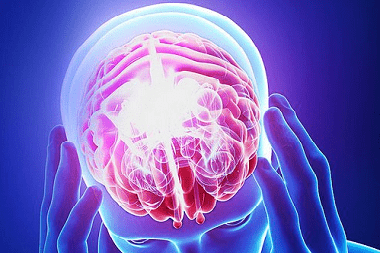Medicine questions >>>> Cephalalgia - what is it?
Cephalalgia - what is it?

Often found in the medical literature, the term "cephalalgia" means the scientific designation of headache. Cephalalgia syndrome is one of the most common symptoms of various diseases. Typically, the causes of cephalalgia (headache) are abrupt changes in the lumen of the blood vessels (narrowing or widening) that supply the brain with blood. Cephalalgia can be triggered by:
- changes in blood pressure,
- vegetative-vascular disorders,
- muscle spasms in the cervical spine,
- neuralgia of the facial nerve,
- abnormalities, deformations and compression of blood vessels as a result of edema of nearby tissues,
- swelling of the lining of the brain,
- neoplasms,
- craniocerebral abnormalities and injuries (concussions),
- changes in intracranial pressure,
- changes in intraocular pressure.
Conditions preceding cephalalgia (headache):
- Nervous strain and lingering stress,
- Chronic sleep deprivation or sleep disturbances,
- Intellectual or physical overload,
- Lack of fresh air (oxygen),
- Toxic effects,
- Climatic variations,
- Infectious diseases,
- High body temperature,
- Allergic reactions,
- Injuries of various origins (especially in the head and spinal column),
- Alcohol abuse,
- Taking medications with a side effect - headache,
- Malnutrition or starvation,
- Light or sound vibrations,
- Vibration,
- Overexcitation of the nervous system of various origins.
Cephalalgia (headache) can be short-term or last for a long period of time. With persistent cephalalgia that is not amenable to the action of analgesics, an examination of the head (MRI), brain (MRI, Doppler ultrasonography of cerebral vessels, angiography), spinal column (including the cervical spine), fundus diagnostics is required.

Read

Read



























